Diversity and inclusion at the Charlie Waller Trust


It is important to recognise how organisations can hold and, sometimes unconsciously, act on biases. At the Charlie Waller Trust we are aspiring to be a genuinely inclusive charity. We aim to do this through:
- working to increase the diversity of our staff team, freelance trainers and board members
- having a culture that supports staff and volunteers to be fully themselves
- addressing the structural barriers that allow discrimination - for instance those related to whiteness (see below), class, age, sexual orientation and gender
Dr Nargis Islam is giving expert advice and guidance to our CEO, Clare Stafford, as our approach to diversity and inclusion progresses. Nargis has significant clinical, research and personal experience in promoting working with inclusivity in mind. We are also working with specialist consultant Laurelle Brown to broaden and implement our diversity and inclusion strategy.
As a mental health charity, we recognise the evidence of increased mental health difficulties in communities society has marginalised as a result of social inequalities. The Trust has an obligation to deliver an inclusive service and to recognise how changing its own processes can help achieve this. Activities that engage all levels of the organisation are the key to creating truly inclusive services.
Nargis’ and Laurelle's input will support the Charlie Waller Trust to engage with beneficiaries from all ethnic, social and cultural backgrounds. Through this, the Trust’s people and charitable activities can continue to address the negative impact of racism and discrimination on mental health.
What is whiteness?
Whiteness refers to the invisible privileges and power relations which systematically maintain structural, racialised, and intersectional hierarchies and oppression, via various ideological and cultural practices (Clark & Garner, 2009).
Whiteness can often intersect with other categories that give some people unequal advantages over others, such as gender, age and socioeconomic status.
The key issue this poses for mental health is that it can lead to a higher incidence of mental health problems amongst groups that society has marginalised, with the added problem of unequal access to mental health care and a lack of culturally appropriate services.

The Charlie Waller Trust
The Charlie Waller Trust is a registered charity in England and Wales 1109984. A company limited by guarantee. Registered company in England and Wales 5447902. Registered address: The Charlie Waller Trust, First Floor, 23 Kingfisher Court, Newbury, Berkshire, RG14 5SJ.
Copyright © 2025 The Charlie Waller Trust. All rights reserved.
